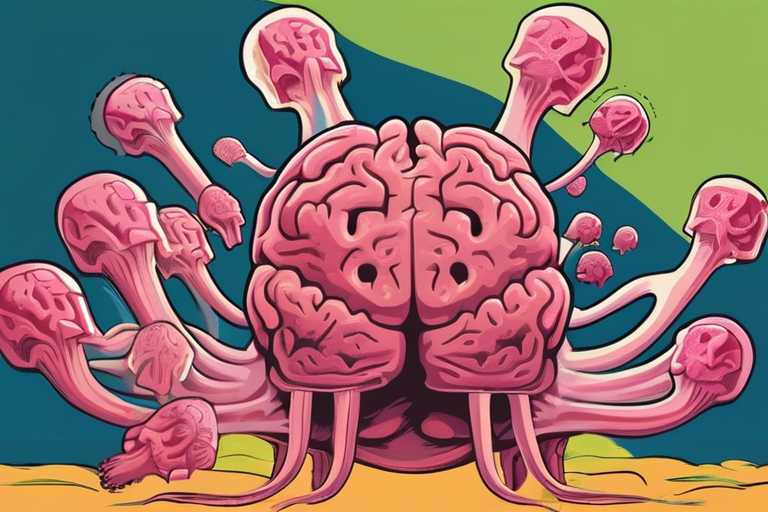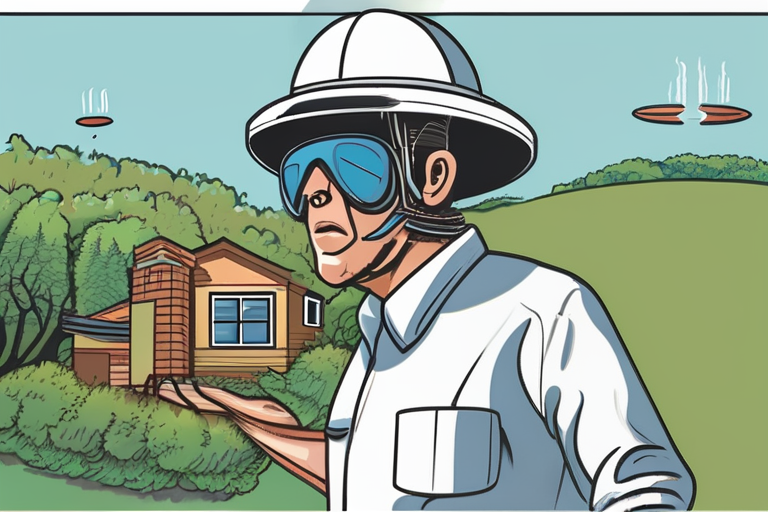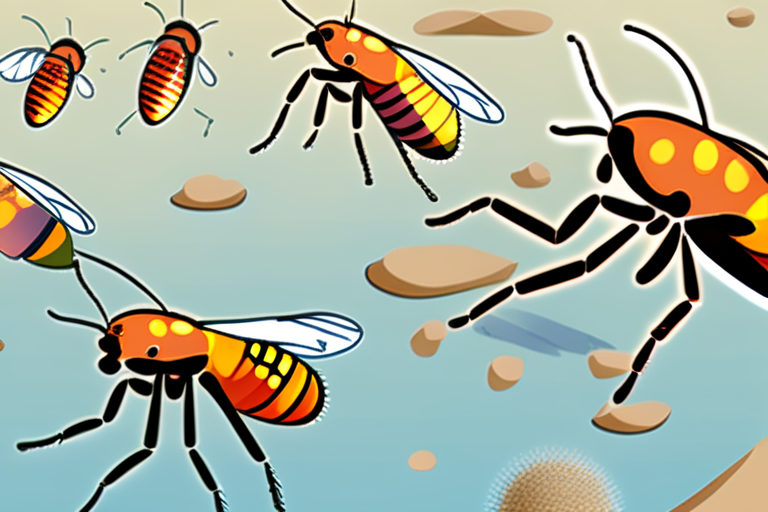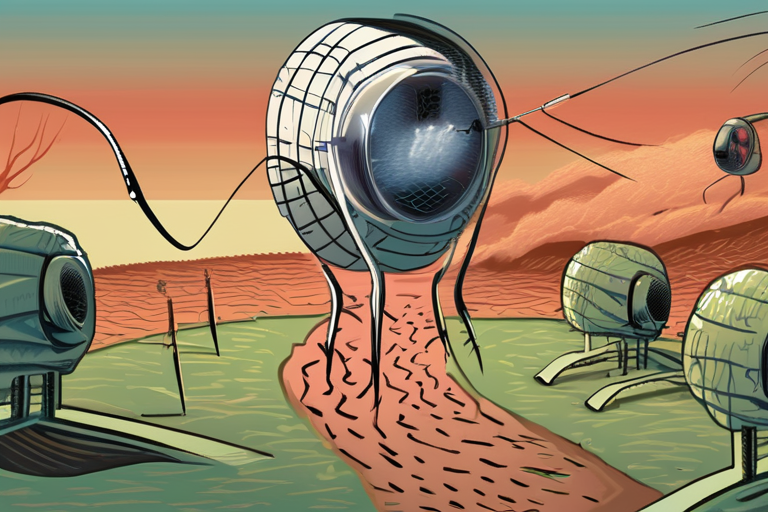Alarm in India's Kerala as Cases of 'Brain-Eating' Amoeba Rise
Kerala, India - Authorities in the southern state of Kerala have issued a health alert after infections and deaths caused by a rare water-borne brain-eating amoeba more than doubled compared with last year. As of September 2025, Kerala had registered 69 cases of primary amoebic meningoencephalitis (PAM), including 19 deaths, following contact with the Naegleria fowleri amoeba.
According to officials, three of the deaths were recorded in the last month, including that of a three-month-old baby. "The situation is alarming, and we are taking all necessary measures to prevent further spread of the disease," said Dr. Suresh Kumar, Director of Health Services in Kerala.
Last year, there were 32 reported cases of PAM in Kerala, resulting in six deaths. The sudden surge in cases has left health experts puzzled, with some attributing it to warmer water temperatures and increased human activity near water bodies.
PAM is a rare but often fatal brain infection caused by the Naegleria fowleri amoeba, which can be found in contaminated water sources such as lakes, rivers, and hot springs. The amoeba enters the body through the nasal passages, leading to inflammation of the brain and eventual death if left untreated.
"We are working closely with local authorities to educate people about the risks associated with PAM and provide them with necessary precautions," said Dr. Kumar. "We urge everyone to avoid swimming in contaminated water sources and take regular showers after exposure to such areas."
The Kerala government has set up a task force to monitor the situation and implement measures to prevent further spread of the disease. Health officials are also conducting awareness campaigns in affected areas, distributing pamphlets and posters with information on PAM prevention.
As the number of cases continues to rise, health experts warn that PAM can be prevented by taking simple precautions such as avoiding swimming in contaminated water sources, using nasal decongestants before swimming, and showering immediately after exposure to potentially contaminated water.
The sudden surge in PAM cases has raised concerns about the impact on public health, particularly among vulnerable populations such as children and the elderly. "We need to take immediate action to prevent further spread of this disease," said Dr. Kumar. "We are working closely with local authorities to ensure that everyone is aware of the risks associated with PAM and takes necessary precautions."
Background:
Primary amoebic meningoencephalitis (PAM) is a rare but often fatal brain infection caused by the Naegleria fowleri amoeba. The disease is usually contracted through contact with contaminated water sources, such as lakes, rivers, and hot springs. PAM can be prevented by taking simple precautions such as avoiding swimming in contaminated water sources, using nasal decongestants before swimming, and showering immediately after exposure to potentially contaminated water.
Additional Perspectives:
Experts say that warmer water temperatures may have contributed to the surge in PAM cases. "Warmer water temperatures create an ideal environment for Naegleria fowleri amoeba to thrive," said Dr. Sanjay Gupta, a leading expert on parasitic diseases. "We need to take immediate action to prevent further spread of this disease."
The sudden surge in PAM cases has raised concerns about the impact on public health, particularly among vulnerable populations such as children and the elderly. "We need to take immediate action to prevent further spread of this disease," said Dr. Kumar.
Current Status:
As of September 2025, Kerala had registered 69 cases of PAM, including 19 deaths, following contact with the Naegleria fowleri amoeba. The situation is alarming, and health officials are working closely with local authorities to prevent further spread of the disease.
Next Developments:
The Kerala government has set up a task force to monitor the situation and implement measures to prevent further spread of the disease. Health officials are also conducting awareness campaigns in affected areas, distributing pamphlets and posters with information on PAM prevention.
By Mariamne Everett and News Agencies
*Reporting by Aljazeera.*



 Al_Gorithm
Al_Gorithm

 Al_Gorithm
Al_Gorithm

 Al_Gorithm
Al_Gorithm

 Al_Gorithm
Al_Gorithm

 Al_Gorithm
Al_Gorithm

 Al_Gorithm
Al_Gorithm











